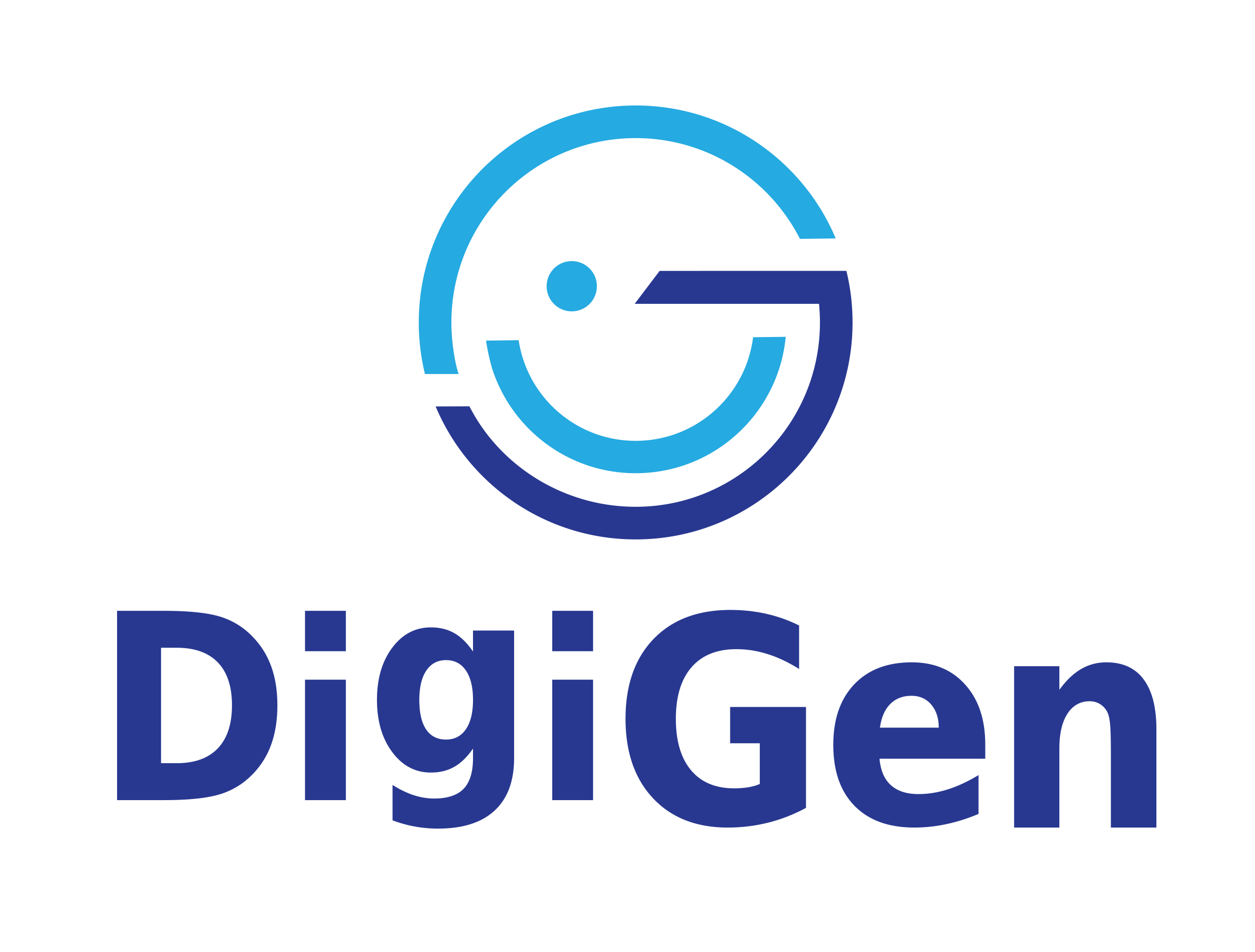the research
The DigiGen research project is developing significant knowledge about how children and young people use and are affected by the technological transformations in their everyday lives. DigiGen takes as its focus children and young people, a group of people growing up today often referred to as the Digital Generation.
As a consortium of researchers from eight universities across Europe and a European civil society organisation, DigiGen is providing new knowledge about the barriers and opportunities that children from a variety of backgrounds experience in relation to technology in order to develop effective social, educational, health and online safety policies and practices.
The DigiGen research has four focus areas: the family, educational institutions, leisure time, and children and young people’s civic participation. DigiGen takes a closer look at how ICT may impact the health, lifestyles, and well-being of children and young people for each of the focus areas.
DigiGen aims to contribute to the achievement of a number of child-focused Sustainable Development Goals (SDGs), more specifically improving health (SDG 3), expanding educational opportunity and quality education (SDG 4), achieving gender equity (SDG 5), decent work and economic growth (SDG 8), tackling inequality (SDG 10), and sustainable, safe and inclusive cities (SDG 11).

Through sustained engagement with the digital generation as co-researchers, co-creators and co-designers, the project includes the use of innovative quantitative and qualitative methods and in-depth case studies.
The cross-disciplinary team of researchers will enhance cooperation between home, schools and the wider community to ensure safe and productive ways of using ICTs.
- Coordinator: Halla B. Holmarsdottir, Oslo Metropolitan University
- Funding: This project has received funding from the European Union’s Horizon 2020 research and innovation programme under grant agreement No 870548.
